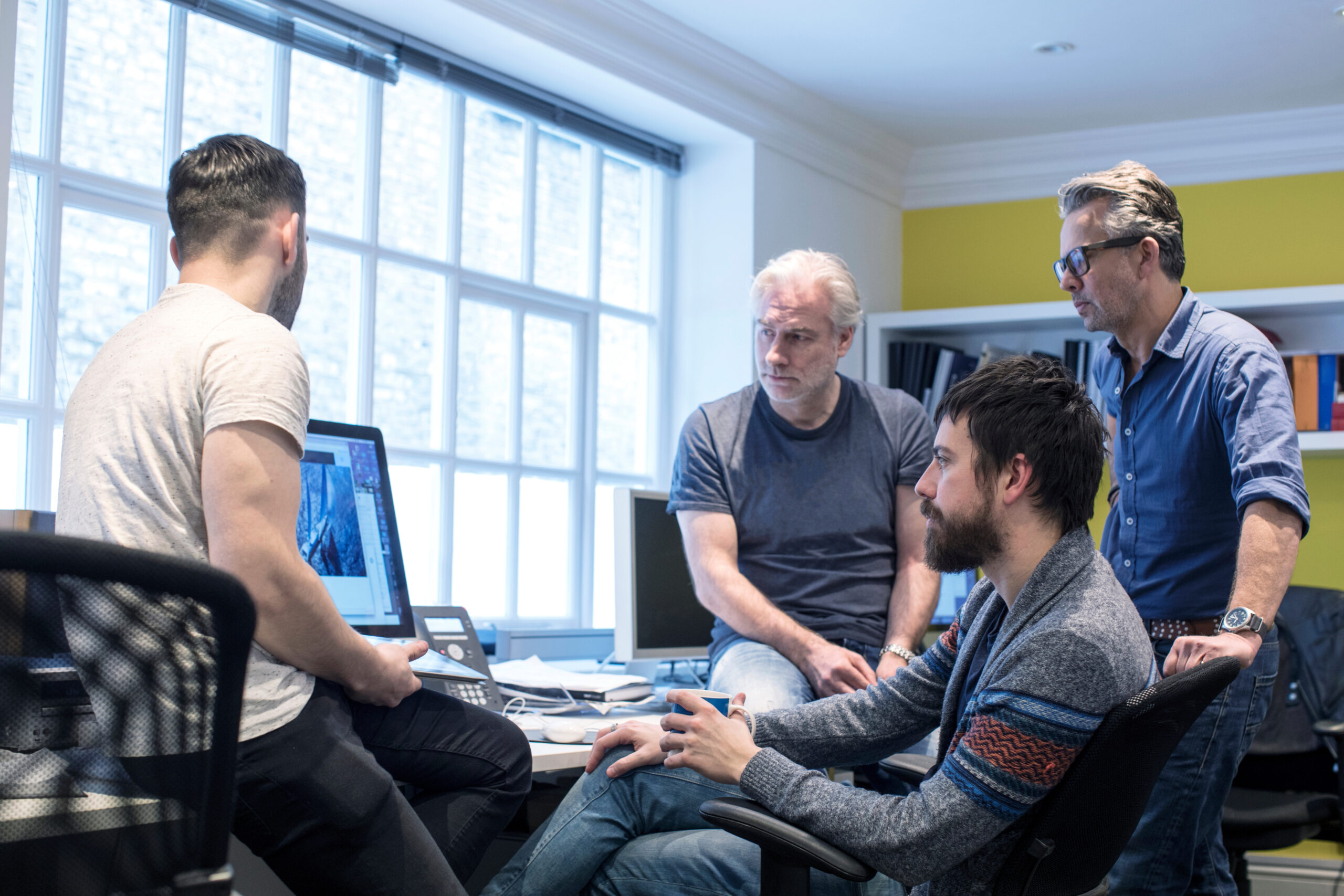Choosing a software development company is a big decision — one that can directly impact the success or failure of your project. Whether you’re building a mobile app, internal business platform, or custom SaaS product, the development partner you choose will shape the outcome, timeline, and long-term usability of your software.
But with so many options out there — from solo freelancers to massive international agencies — how do you pick the right fit? In this post, we’ll walk through the key steps you should follow to confidently choose a software development company that aligns with your goals, your budget, and your vision.
1. Define Your Project Goals Clearly
Before you begin contacting potential partners, take time to define what your project is and what success looks like. This will help you identify which companies are best equipped to help you — and give them the context they need to give you accurate estimates and timelines.
Ask yourself:
- What is the main purpose of the software?
- Is it a mobile app, web platform, internal dashboard, or something else?
- Do you have specific features or integrations in mind?
- What’s your timeline and budget range?
Having a high-level project brief — even if informal — will make your conversations with development companies much more productive.
2. Look for Relevant Experience
Not all development firms are created equal. Some specialize in enterprise software, while others excel in mobile apps, startups, or eCommerce platforms. You want a company that’s built similar solutions before — not one learning on your dime.
Look for:
- Case studies or a portfolio of past work
- Experience in your industry or with similar functionality
- Familiarity with challenges you might face (e.g., compliance, scalability, UX for your audience)
This step is about finding someone who speaks your language and has already walked the path you’re on.
3. Evaluate Their Technical Capabilities
The right development partner should be able to meet your technical needs — both now and in the future.
Things to check:
- Do they specialize in the technologies you need (React, Node.js, .NET, iOS/Android, AWS, etc.)?
- Can they handle both frontend and backend development?
- Do they offer maintenance, updates, and scaling support after launch?
And importantly, can they explain their technical recommendations in a way that makes sense to you? You don’t need to be an expert — but they should be able to break things down clearly so you can make informed decisions.
4. Understand Their Development Process
Ask every company you speak with about their process — how they handle planning, building, testing, and delivering software. A clear, transparent process is a sign of a professional operation.
Key questions to ask:
- Do they use Agile, Waterfall, or a hybrid approach?
- How often will you be updated on progress?
- Can you see and test the product as it’s being built?
- How do they handle bugs, revisions, or changing requirements?
You want a partner, not a black box — someone who will collaborate with you, offer guidance, and communicate clearly throughout the project lifecycle.
5. Assess Communication and Cultural Fit
This is one of the most overlooked — yet most important — parts of choosing a development partner. Even the most technically gifted team won’t be a good fit if communication is poor.
Look for a team that:
- Listens to your needs and asks thoughtful questions
- Explains things in plain language
- Is responsive and easy to reach
- Respects your time, goals, and input
Also consider time zone compatibility, language fluency, and work style. A partner who “gets” your culture will make collaboration much smoother.
6. Read Reviews and Ask for References
Don’t just take their word for it — see what their past clients have to say.
Look for:
- Google reviews, Clutch.co profiles, or other third-party ratings
- Testimonials on their website
- Specifics about communication, delivery, and support — not just “They were great!”
Even better: ask the company to connect you with a past client or two for a direct reference. That conversation can be invaluable in learning what it’s really like to work with them.
7. Compare Pricing — But Don’t Chase the Lowest Bid
Budget matters — but don’t let it be the only factor. The lowest bid often leads to corner-cutting, unclear deliverables, or unfinished work. And rebuilding broken software can be far more expensive than getting it right the first time.
When reviewing proposals, ask:
- What’s included (design, development, testing, documentation)?
- How are changes or delays handled?
- Are there ongoing support or licensing costs?
You want a transparent, fair estimate with clear scope — not vague numbers or too-good-to-be-true promises.
8. Think Long-Term
Your software project doesn’t end at launch. Updates, improvements, bug fixes, and feature additions are all part of the software lifecycle.
A great development company should:
- Offer post-launch support
- Help you scale as your user base grows
- Be available for future enhancements
- Treat your project like a long-term partnership, not just a one-time gig
Choosing a team that’s invested in your success long-term gives you continuity, peace of mind, and better results over time.
Make the Right choice
Choosing the right software development company isn’t just about coding — it’s about collaboration, trust, and alignment. By taking time to define your goals, evaluate expertise, assess communication, and understand their process, you’ll be better equipped to find a partner who truly supports your vision.
The right development team will feel like an extension of your own — helping you bring your project to life with clarity, confidence, and technical excellence. If you’re starting your search, use these steps as your checklist — and don’t be afraid to ask questions along the way.


